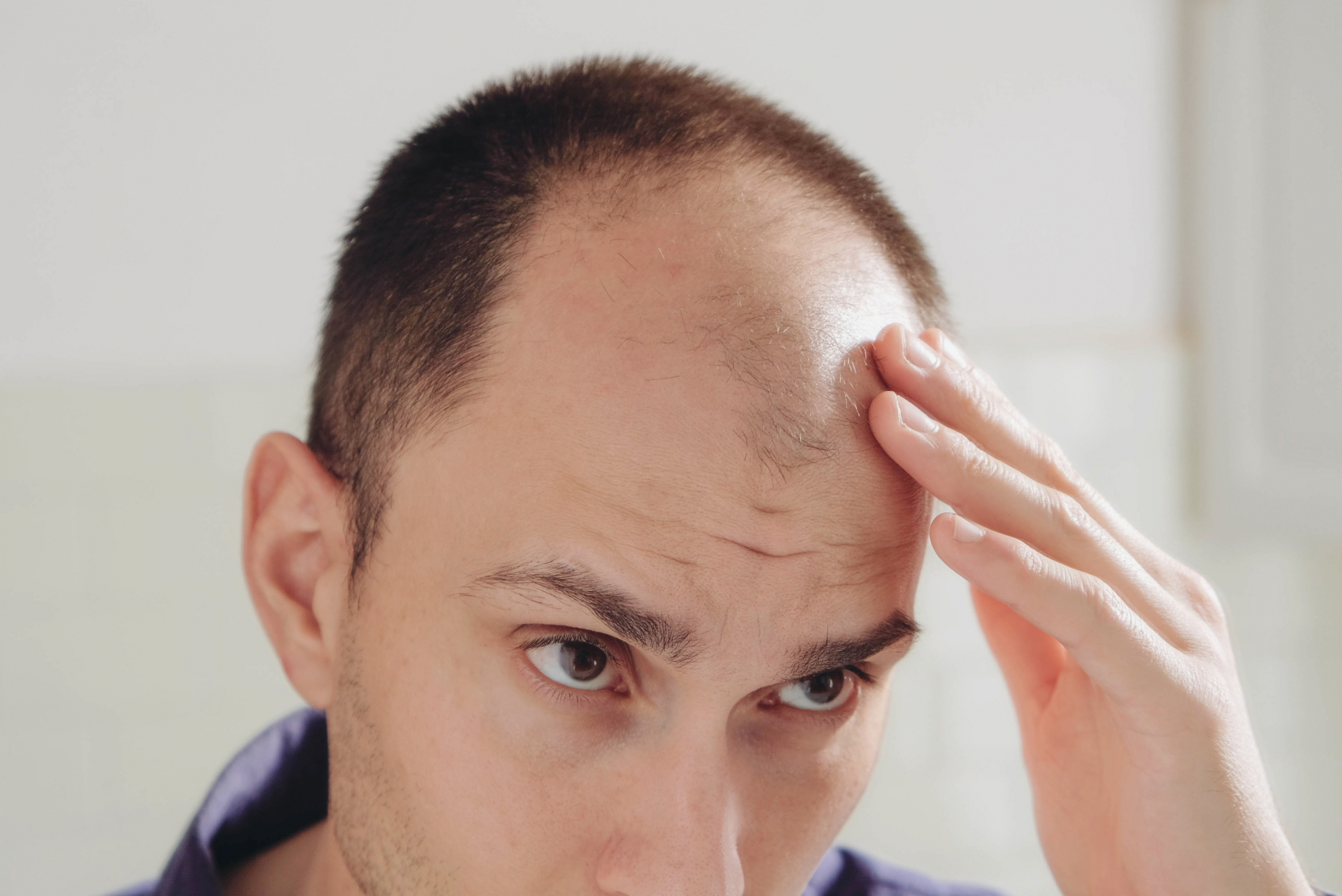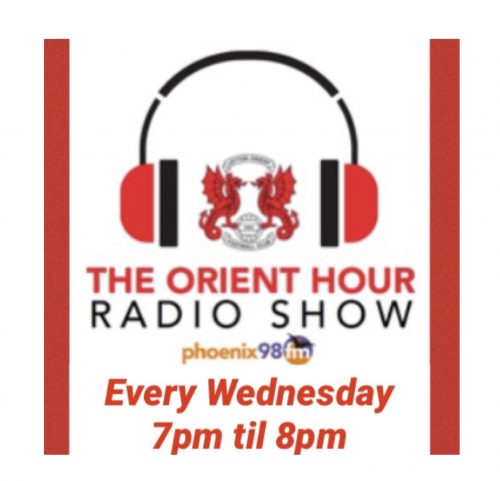In many places, marijuana is no longer the herb you have to hide in a corner to enjoy for fear of how people will look at you. This is because of the slow gains it is making through legalization both for medicinal and recreational purposes. It is not so taboo when you meet patient testimonials of how marijuana has helped them recover from some distressing diseases.
Many of the medical benefits are slowly killing the negative perceptions people had of the herb. Technological advancements, along with legalization have created new revenue streams for local governments and business people, from a reputable online headshop such as Smoke Cartel to physical stores, and everything in-between. A lot of the reasons marijuana still has somewhat of a climb to make is due to stereotypes and misconceptions that continue to be pushed about it despite the steps that have already been made. With the help of technology, many of these myths are being dispelled by trumping them with evidence of the benefits. Some of thepopular myths being debunked are shared below.
Myth #1: A Gateway Drug
Do you remember that friend who introduced you to a sport or cool hangout spot that you eventually got into even more than they were? Maybe? Well, a similar claim is made about marijuana and its effect on users. It is claimed that the herb opens the floodgates, “gateway”, to addictions and crime. RAND Corporation dispels this by showing that this is dependent on individual opportunities and propensities. People use hard drugs because of their characteristics and environments rather than weed. Another study in the Journal of Health and Social Behaviour recognizes that there is a correlation between marijuana and illicit substances but no causation. The moderate relationship is between early teens and young adults’ abuse of illicit drugs although this is attributed to stress and life-course variables. The strong association of marijuana, crime, and other hard drugs continue to play out in the movies as well though this is a misconception that is easily dispelled when you look at the evidence continually being published across the globe.
Myth #2: It’s addictive
There is a myth that cannabis culture people were dependent on cannabis. A study shows that only 4 percent of Americans between 15-54 years depend on cannabis compared to 12 percent on alcohol and 24 percent on tobacco. This bias against marijuana is due to drug war assumptions that ignore the reality of beneficial cannabis use yet alcohol and tobacco cause far more harm. Additionally, tobacco and alcohol have far more addictive effects on their users.
Myth #3: No Medical Benefits
Most legislation across the globe is due to the medicinal benefits of marijuana. Irrespective of these developments, there is still the misconception that there are no medical benefits. There is plenty of research being published regularly showing therapeutic potential as antiemetics and appetite stimulants. There are more beneficial effects as shown in the treatment of multiple sclerosis, spinal cord injuries, Tourette’s syndrome, epilepsy, and glaucoma. It is also showing promise in treating symptoms for neurological conditions, AIDS, and some cancers. There is plenty of evidence continuing to prove the promise of marijuana in treating patients with all sorts of ailments.
Myth #4: Synthetic Cannabis is the Same
If you have considered looking for a substitute for marijuana or simply investigated the types, you may have heard of synthetic marijuana. This is also known as spice, K2, or fake weed. It can be 100 times stronger than natural weed. The challenge with synthetic weed is that it is often manufactured under unsafe manufacturing conditions that expose and use harmful chemicals such as nail varnish remover and plenty of toxic chemicals. Its first use was to study the effects of cannabinoids on the brain. Some serious side effects include hallucinations, strokes, vomiting, acute psychosis, and in some cases, death. The Drug Enforcement Administration has gone as far as to ban synthetic marijuana.
Conclusion
Cannabis has had a bad reputation for a long time due to the many myths and misconceptions about it. These include it being addictive, providing no medical benefits and it being a gateway drug for other hard and detrimental drugs. This is not the reality considering the effects of tobacco and alcohol, the cancers and neurological conditions it heals, and continual legalization. With it being more mainstream and the dawn of the information age, maybe more people will come to know about how many of these myths are easily dispelled.

































